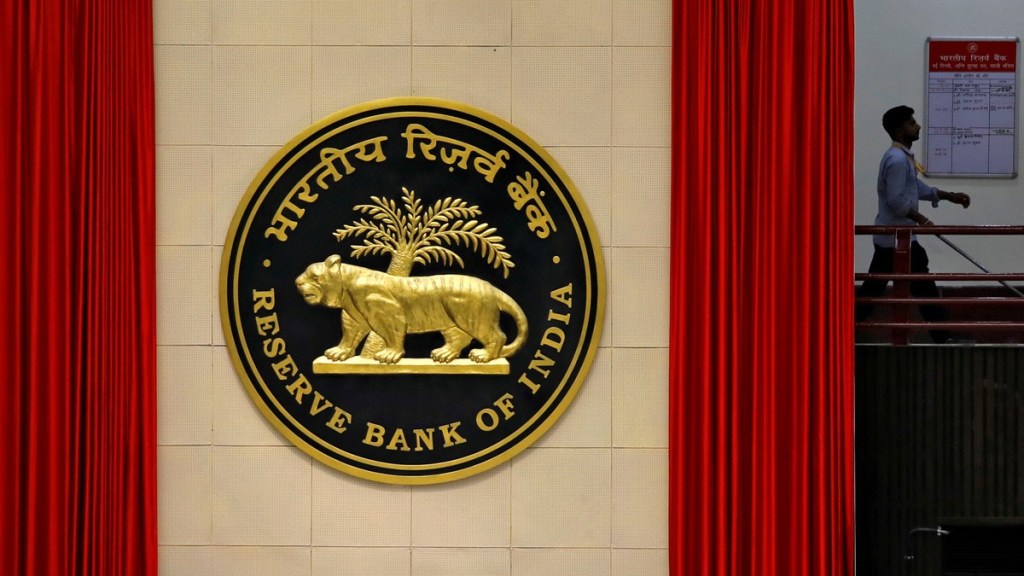By Anil Sood
In recent times, Artificial Intelligence (AI) has garnered attention and piqued interest worldwide. The extent of AI penetration and associated growth in any country hinges on digital literacy and the availability of AI talent. India is excellently positioned in both of these aspects, making it an ideal location for the upcoming wave of AI investment, innovation, and domestic adoption.Compared to certain industries where conventional technology has yet to fully permeate, the finance sector possesses an advantage in embracing the surge of AI, given its substantial use of technology. Over the past decade, we’ve observed a notable rise in the adoption of digital financial services, with prominent banks such as HDFC and ICICI taking the lead in the banking sector and Zerodha making significant advances in the brokerage services space. The volume of data generated by these digital channels is plentiful enough to pave the way for a multitude of AI use cases.
Though it’s evident that the banking sector stands to gain significantly from the adoption of AI, this technology must be used responsibly. Traditionally, AI was primarily deployed in financial institutions for fraud detection and default predictions. However, with the advent of Large Language Models (LLMs) in the past year, the number of AI use cases in banks has significantly increased. LLMs will be used extensively by banks, particularly in process automation, but this amplifies the risks surrounding data privacy and security. Therefore, it’s imperative for the RBI to mandate that banks establish and maintain certain safeguards when utilizing these language models.
Earlier this month, the Deputy Governor of the RBI expressed similar concerns about data bias, governance, and transparency stemming from the increased use of Artificial Intelligence (AI) by banks. To address these three concerns, we need robust regulatory guidance capable of comprehensively covering the entire scope of use cases in banks.
Discussing data bias, given the vast population of India, banks in the country should not face any issues regarding data insufficiency. However, it remains important for banks to maintain robust data collection processes to ensure that data is collected in a manner which unequivocally prevents the entry of any biases, thereby enhancing accuracy and reliability. Banks should be mandated to implement processes that monitor the output from these AI systems to ensure accuracy and prevent drifts. Furthermore, employees responsible for building high-risk AI systems should be required to participate in regular training programs.
Next on the list is the concern over governance, which primarily encompasses aspects of accountability pertaining to AI-related risks. To address accountability, it is important for the RBI to provide detailed guidelines, requiring banks to develop an AI governance framework and ancillary control processes. These institutions should comprehensively document their AI systems and subject them to both internal and external audits. Regardless of whether these systems are procured from third-party vendors, banks need to assume complete ownership. Banks must avoid using sensitive data attributes such as age, gender, and ethnicity during the model training process and should also deploy privacy-enhancing technologies as an additional precaution. Furthermore, in cases where a client or customer contests an automated decision produced by the AI system, banks must provide an escalation point with a human contact.
Lastly, regarding transparency, while the intricacies of some AI models may be difficult for a layman to understand, it’s imperative for banks to communicate clearly when customers are interacting with an AI system. Similarly, when AI systems are developed, the business requirements should be thoroughly documented so that all responsible stakeholders are aligned with the specifications.
In summary, the immediate requirement is a detailed set of guidelines emphasizing the auditing of AI systems and associated processes. This needs to be complemented by robust control mechanisms implemented by banks to adeptly manage the predominant risks linked to AI systems. AI has now become a crucial differentiator in the banking sector, potentially enhancing customer service, service efficiency, and the robustness of risk management. Banks are poised to ride the AI wave, and it is the RBI’s responsibility to ensure this journey is conducted responsibly, thereby safeguarding the interests of Indians.
The author leads the AI Governance practice at EY Canada. Views are personal.

